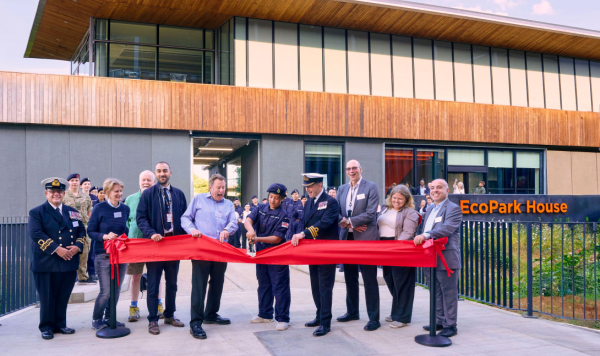Although plastic has to some extent been a focus of public debate, we know that food waste – by weight – is an even bigger issue. If plastic can get the coverage it has done, then food waste should do to. So it is rightly the theme of this year’s North London Waste Prevention Exchange conference which takes place today.
After the wonky veg crusade there was no turning back and we’ve seen a surge of innovation, collaboration and cooperation in food waste, too. Conference organisers, North London Waste Authority (NLWA), think this is something worth expanding on and increasing the food waste profile in line with the hot topic of ‘plastic’. NLWA therefore are bringing together a panel of experts, from across the UK and abroad to address the theme ‘Public engagement as a tool for tackling food waste’ at their annual conference.
Growing from strength to strength, this year’s conference will be attended by 148 delegates from within the waste industry, and includes presentations in the morning and an afternoon workshop, ‘Planning a food waste prevention programme: priorities, actions and monitoring based on the 4E model’.
Morning presentations include:
- Brussels Good Food Strategy which is working towards a 30% food waste reduction by 2020.
- TRiFOCAL programme which combines food waste prevention, healthy/sustainable eating and (unavoidable) food waste recycling.
- REFRESH – a sustainable food chains project in the Netherlands which promotes food security.
- The Evening Standard Dispossessed Fund which ensures that edible food gets to those who most need it via grants given to 29 community groups.
- Co-op’s food waste reduction strategy. Co-op was the first major retailer to sell products past the ‘Best Before’ date.
For further information about the conference visit wiseuptowaste.org.uk/exchange or follow the conference live on twitter with the hashtag #NLWAExchange




